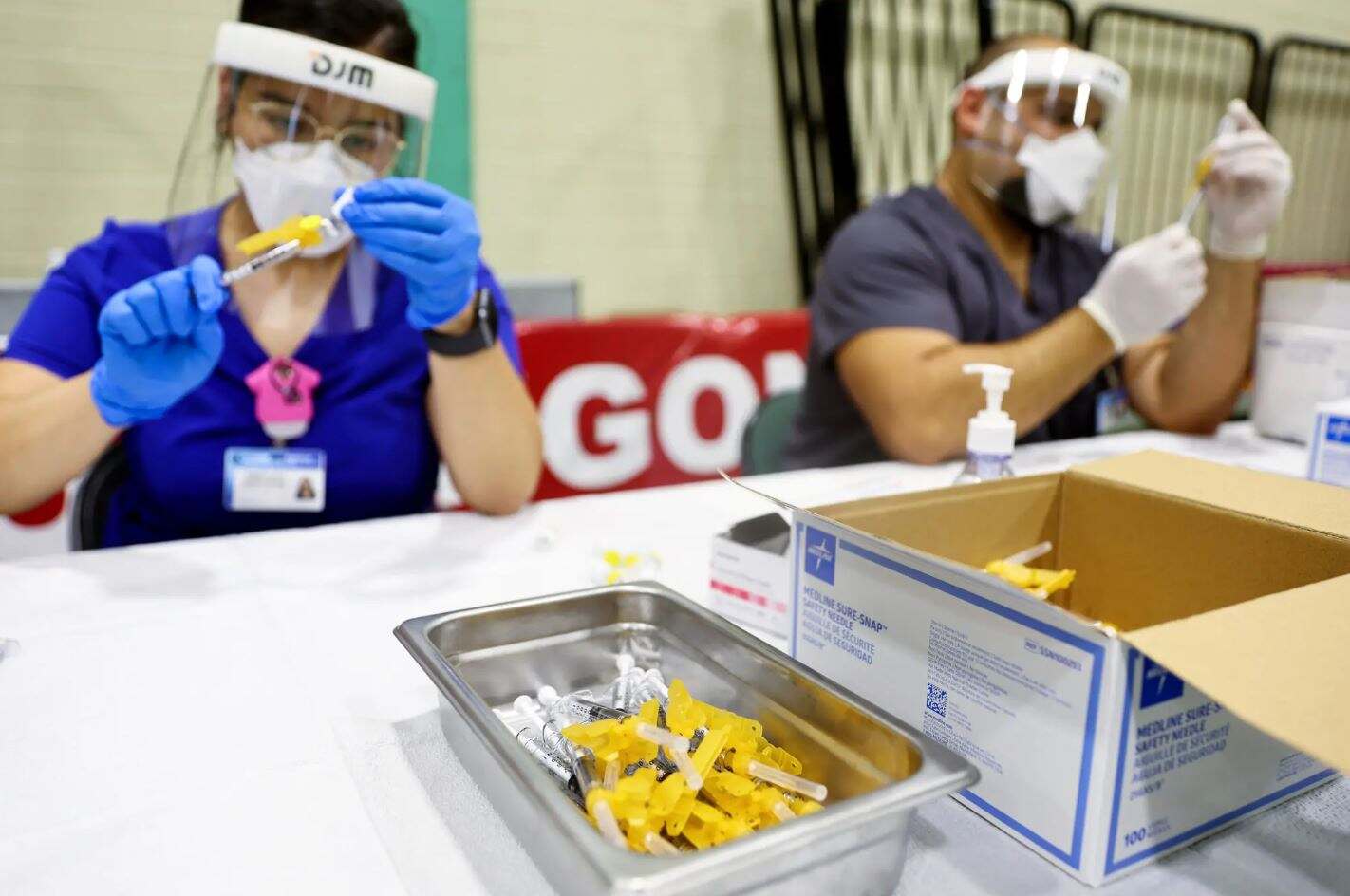The virus is showing positive indications of retreat about four months after the first incidence of monkeypox in the United States. This has eased worries that it may spread to populations of elderly individuals, pregnant women, and small children.
Both the vaccination and the medicine that is used to treat individuals who get infected with the virus are undergoing clinical trials in order to acquire a better knowledge of who benefits, and to what extent, from both the vaccine and the drug that is used to treat those who become infected with the virus.
The good news is that. However, unfortunately, the number of cases is rising at an alarming rate in a number of states and jurisdictions, such as Indiana, Virginia, and Massachusetts. Men of African and Hispanic descent make up over two thirds of those infected with the virus, yet they only account for around one quarter of those who have been vaccinated thus far.
David Harvey, the executive director of the National Coalition of STD Directors, said that his organization’s “success is exceedingly inconsistent.”
Recent investigations have shown that a single dosage of the Jynneos vaccine may not be sufficient to provide adequate protection, which has raised further worries over the strategy that the Biden administration has to distribute fractional doses.
In addition, federal health experts have issued a warning that the virus may develop a resistance to the drug tecovirimat, which is now the only therapy that is guaranteed to be safe for patients.
As of this past Friday, there were approximately 25,000 confirmed cases of monkeypox in all 50 states, Puerto Rico, and the District of Columbia. The United States of America is responsible for roughly forty percent of the total worldwide.
But the number of newly reported cases has been progressively declining for weeks, down to a daily average of 208 on September 22 from more than 500 at the beginning of August.
Recent findings from the Los Angeles Department of Public Health have verified the first fatal case of monkeypox in the United States. The victim was a critically immunocompromised person. Officials at the Texas Department of Health are looking into the possibility that another death was caused by the virus.
There have been reports of two occurrences of encephalomyelitis, which is inflammation in the brain and spinal cord. Both patients were homosexual men in their 30s who had been in otherwise good condition.
Officials from the federal government in charge of public health are generally upbeat about the fact that the pandemic seems to be on the decline. Officials anticipate a future in which monkeypox will not be eradicated but will be manageable thanks to contact tracing, vaccination, and early treatment. This is despite the fact that testing and immunizations will continue to be crucial.
According to Dr. Daskalakis, the current drop in cases is very certainly due to a mix of factors, including immunizations, immunity developed through infection among the demographic that is most at risk, and a shift in behaviour in this group.
According to the findings of a poll that was carried out by the CDC in the month of August, almost half of the males who had sexual relations with other men said that they had cut down on the number of their partners and one-time sexual experiences.
In light of the preliminary findings, the administration of Vice President Joe Biden has come under heavy fire for making it excessively difficult for professionals to prescribe the medicine. Patients who are very immunocompromised, pregnant or nursing, or who have lesions in particular sensitive regions, as well as children under the age of eight, are the only ones who should be given tecovirimat, as the Centers for Disease Control and Prevention has recommended practitioners to do so.
According to government authorities, the decision to restrict access was motivated by the concern that uncontrolled usage may result in a strain of monkeypox that is resistant to the Tpoxx vaccine. According to the Food and Drug Administration (FDA), many research show that even minor genetic modifications might render the virus resistant.
